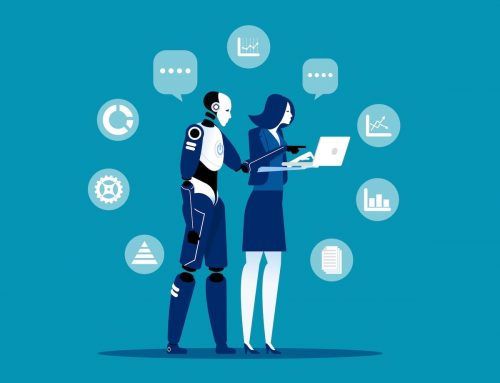Frequent breach of data a new reality for society and technology – Do you agree?
Billions of people around the world are now on social media networking, socialising and reflecting on aspects of their lives. With these social elements at the forefront of how we use digital technology, it is easy to forget that such online spaces hold vast amounts of personal data.
There are many concerns that big tech companies are misusing the data they collect. However, at what point is it wrong to use data? Researchers are frequently working with social media data, such as data gathered from forums, chat rooms and blogging websites. Is it only permissible to use data that is considered ‘public’?
As intelligent people, we would like to hold ourselves accountable for the type of data we contribute. However, what responsibility does a company have to us when they collect our data? Just as we are entitled to an exchange or refund when we are sold a faulty product, when a data breach occurs, what compensation do we the users receive? Or should we be compensated in any way or form? Is ownership of such occurrences by responsible companies a satisfactory consumer redress?
The Facebook data breach
Facebook has acknowledged that it has been involved in its biggest data breach to date. A data analytics firm that worked with Trump’s election team acquired personal data from millions of Facebook profiles of US voters, and used this data to develop a software program that predicts the choices of voters.
Kogan, a researcher at Cambridge University, created a personality quiz app for Facebook users and shared the data he gathered with Cambridge Analytica. This goes against Facebook’s policy regarding the sharing of personal data without prior consent. When Facebook first learned of this, they banned Kogan’s app from their platform and requested that both Kogan and Cambridge Analytica delete all user data. However, Facebook learned last week that Cambridge Analytica may not have deleted the data as per their request.

Facebook is now investing what happened, but around the globe, users are now realising that their personal information may not be as secure as they previously believed. Users on Twitter, Instagram (Facebook product) and other social networks are now urging others to #DeleteFacebook in response to the data breach.
However, what we users do not realise is that data is constantly manipulated for various purposes. Removing Facebook will not solve the long-term issue that consent for data use is poorly-protected online.
Data breaches are always happening and will happen again.
At the beginning of the year, Uber was involved in a data breach that saw two individuals downloading the data of 57 million users. Since data breaches will inevitably happen again, what can companies do to ensure the confidence of consumers – consumers who happen to create data every second in today’s world.
If companies such as Facebook and Uber take on the ethical obligations of data protection, perhaps it would be easier to decrease the frequency of breaches. Many companies may have trouble solving the problem through self-regulation. Perhaps a better solution can be found through government regulation of the use and protection of data – maybe?
There is often an absence of transparency when it comes to the way social platforms and applications use data, and this can make it difficult to hold them accountable for breaches that arise.
Solving the issue of data breaches cannot be done by simply changing the policy of use. The volume of data is great, and changing the way data is accessed is not a solid solution. For this reason, perhaps the best option is to educate internet users about how their data is being used, and ensure they are conscious of what data they are giving up. This is probably a good start with regards to self-regulation within these large public and private technology establishments.
For more discussion and thoughts from Amjad Khanche, read his previous blog, Negotiation is an Art or a Skill.







